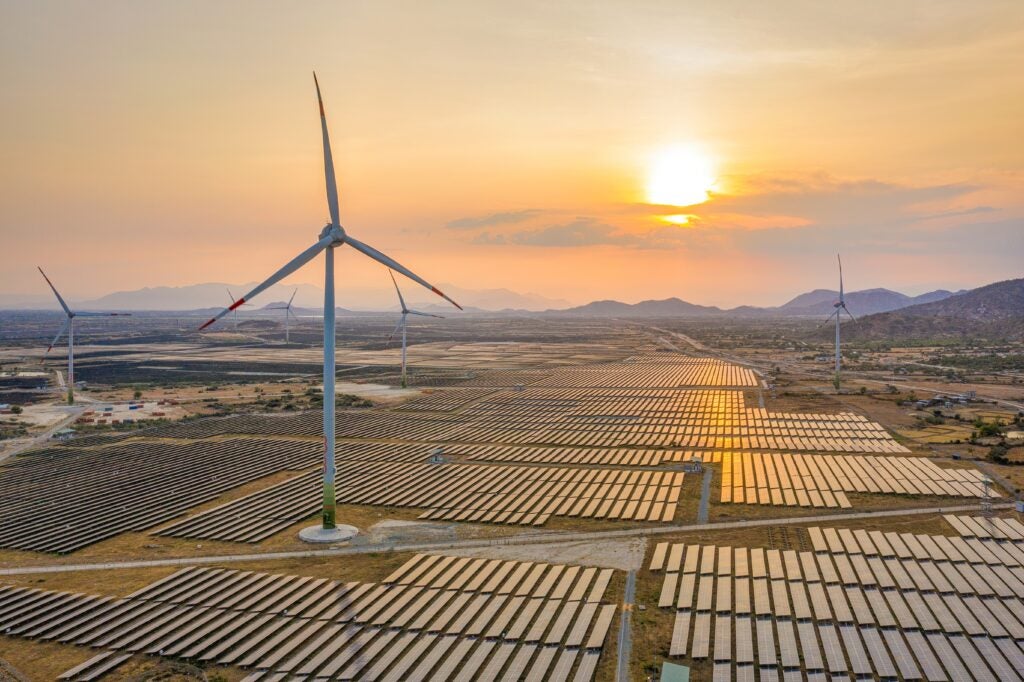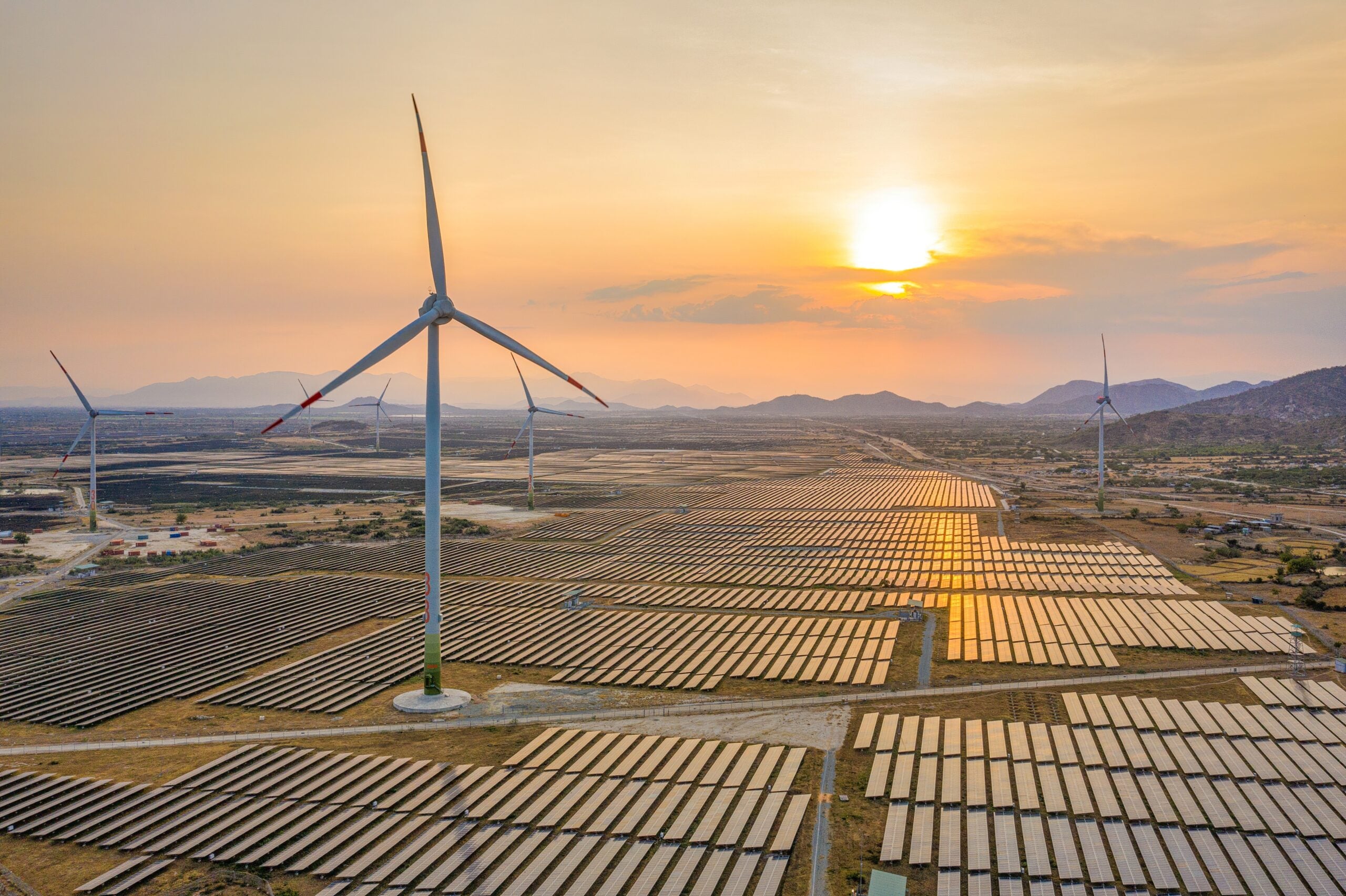Events
Singapore and the Energy Transition: Local and Regional Potentials and Challenges for a Sustainable and Just Transition
| Date | : | 25 Nov 2024 - 27 Nov 2024 |
| Venue | : | AS8, Level 4, Seminar Room 04-04 |
| Contact Person | : | TAY, Minghua |
This workshop is jointly organised by the Asian Urbanisms Cluster and Science, Technology and Society Cluster at the Asia Research Institute, National University of Singapore, with funding support from the NUS Humanities and Social Sciences Seed Fund Grant on the project titled “Singapore’s Entanglement in the Energy Transition: Challenges and Potentials for a Regional, Just Transition”.
The accelerating climate crisis coincides with growing social inequality and in the case of the energy transition this collision is met by calls for ‘just transitions’ that allow for inclusive and expedited transformations of energy systems (Coenen et al. 2021; Jasanoff 2018; Schot and Kanger 2018; Skjølsvold and Coenen 2021). To prepare for such just conditions a spatially and socially situated understanding of transition processes is needed, which in turn requires a place-based perspective to develop a critical appreciation of the multi-dimensional process that is the renewable energy transition. Renewable energy production and consumption sites and practices also serve as a lens to analyse the interconnected urban dynamics and the dialectical relation of central and peripheral urban territories to unearth the situated, specific, and rapidly expanding implications on land, communities, livelihoods, and practices which determine the contingencies for a just transition.
Singapore as an ‘alternative-energy-disadvantaged’ country has been relying on other countries in the region to meet its ambitious decarbonisation goals. As a country reliant on electricity imports, Singapore’s contribution to Southeast Asia’s sustainable energy transition will not only be significant but also bears the question of how technological innovation and the strive towards greater resilience can guide urban development towards a more integrated and localised approach to renewable energy production.
With one of the world’s fastest-growing populations and one of the world’s fastest-growing economic regions with a rapidly expanding energy demand, Southeast Asia’s renewable energy landscape has been very dynamic over the past two decades with a perpetually expanding renewable energy production. Southeast Asia is also defined by a diversity of socio-technical regimes based on varying degrees of renewable resources, engineering practices, and innovation technologies, as well as different user needs and different regulatory requirements. Understanding the energy entanglements and relationships within the region and their locally specific manifestations demands a sensitivity towards experimental systems of ruling that generate different ways in which energy systems are embedded and operationalised, and able to facilitate a just energy transition.
To support this process, the workshop situates itself as an opportunity to
- build a network among practitioners, policy-makers and scholars working on renewable energy transitions from various vantage points;
- discuss socio-spatial, economic and institutional pathways that are leading to renewable energy development in Southeast Asian countries; and
- outline ideas for socially and environmentally sustainable modes of renewable energy deployment
The first day of the workshop is dedicated to share and discuss efforts to address the renewable energy production in Singapore from a spatial and planning perspective.
The second day of the workshop is dedicated to regional challenges and implications of the renewable energy transition from a socio-spatial, environmental and policy perspective.
REGISTRATION
This workshop is by invitation only. If you are interested in joining, please reach out to Ms Reetu Kumari (e1297926@u.nus.edu) with a brief statement about your work’s relevance to the workshop topic.
WORKSHOP CONVENORS
Asst Prof Naomi C. HANAKATA
Department of Architecture, National University of Singapore
Prof Tim BUNNELL
Asia Research Institute, and Department of Geography, National University of Singapore



